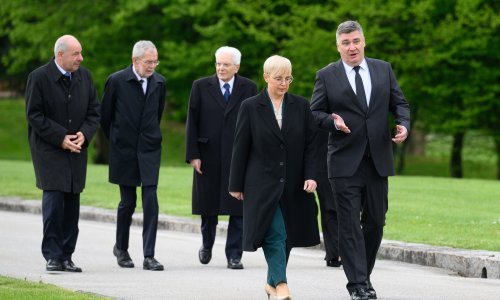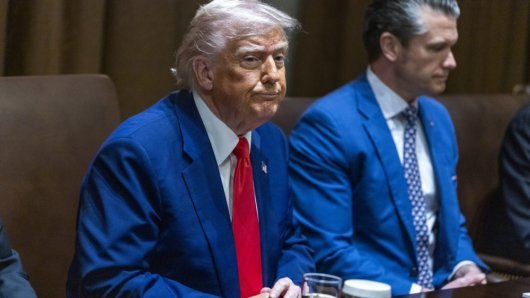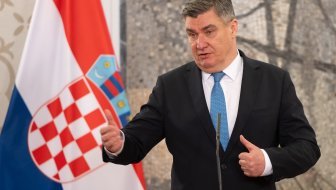Slovenia is celebrating the 20th anniversary of the declaration of its independence with the central ceremony to be held in Ljubljana on Friday, drawing heads of state from Slovenia's neighbouring countries, including Croatia's President Ivo Josipovic.
Apart from Josipovic, in attendance will be presidents, Giorgio Napolitano of Italy, Heinz Fischer of Austria and Pal Schmitt of Hungary, the Office of Slovenian President Danilo Tuerk said on Wednesday.
The attendance of the four presidents from the neighbouring countries at the ceremony on the occasion of Slovenia's Statehood Day symbolises the respect which Slovenia enjoys in its close neighbourhood and in the international community and sends a message that the Slovenians can look with confidence to the future and the prospects of their country's development, reads a statement issued by the Office of President Tuerk.
Both Croatia and Slovenia celebrate their Statehood Day on 25 June in memory of their declarations of independence from the then Socialist Federal Republic of Yugoslavia on 25 June 1991.
Slovenia is marking the 20th anniversary of independence amidst a political crisis in the country caused by the departure of two junior coalition partners from the ruling coalition and the rejection of the controversial pension reform at a referendum in early June.
The government of Prime Minister Borut Pahor was established three years ago with four parties in the governing coalition. Two months ago, the DESUS pensioners' party left the coalition, and the same has been announced by the Zares party.
Addressing the parliament on Tuesday, PM Pahor said that he was prepared to lead a minority government provided that it gained trust in parliament during the voting on the state budget's revision which envisaged the reduction of state spending by EUR 465 million this year and provided that the parliament endorsed new laws in structural reforms, proposed by his cabinet.
The opposition led by the Slovenian Democratic Party (SDS) of former PM Janez Jansa holds a grudge against the Pahor government over that they say is a doubling of the public debt and a widening budget gap.
Opposition politicians claim that Slovenian voters are disappointed with the political and economic situation in the country and insist on early elections.




































